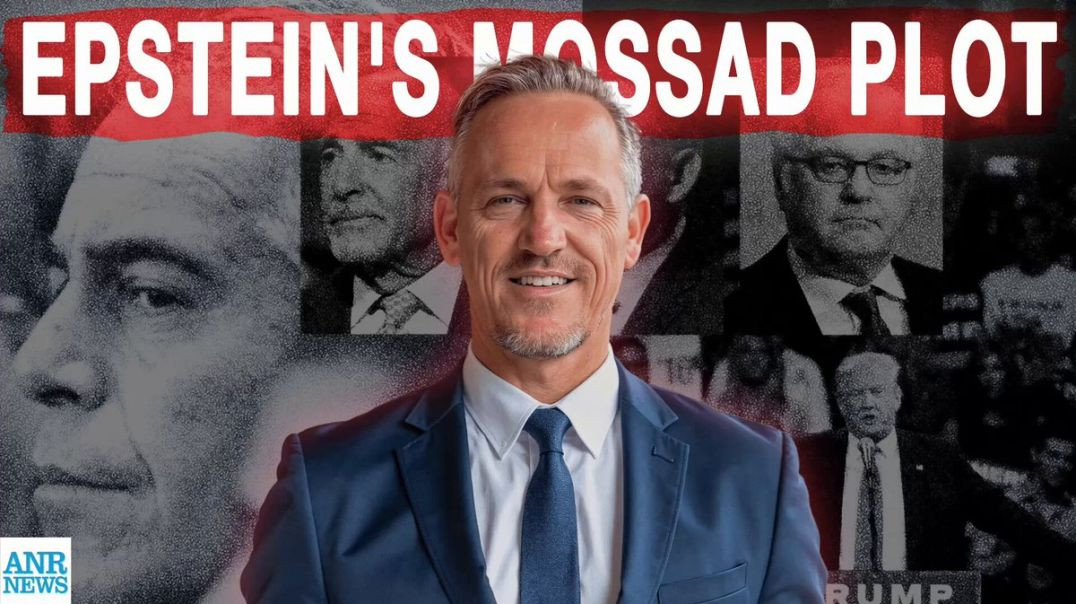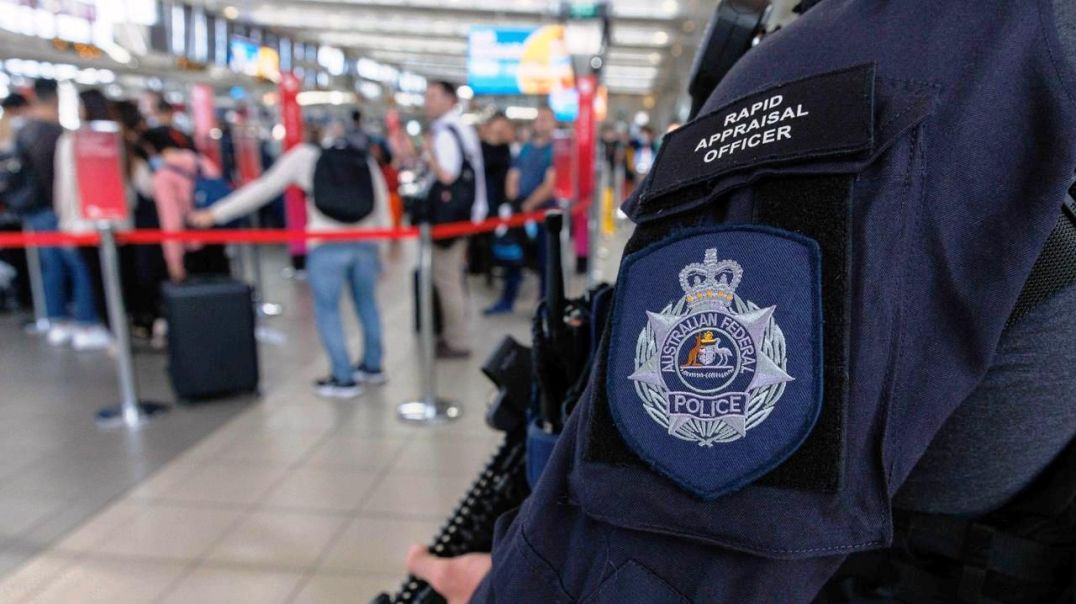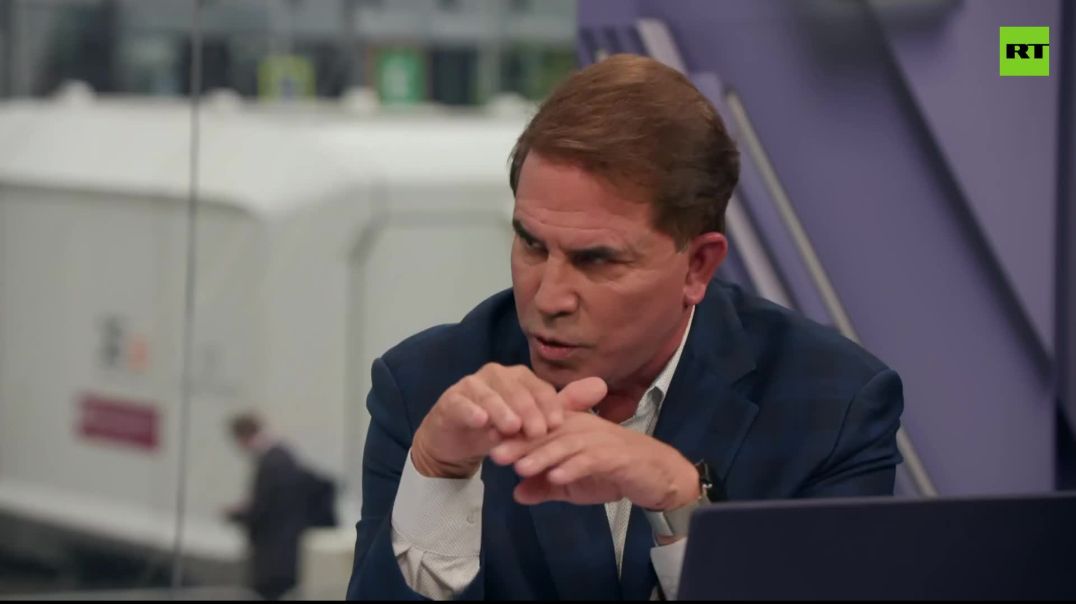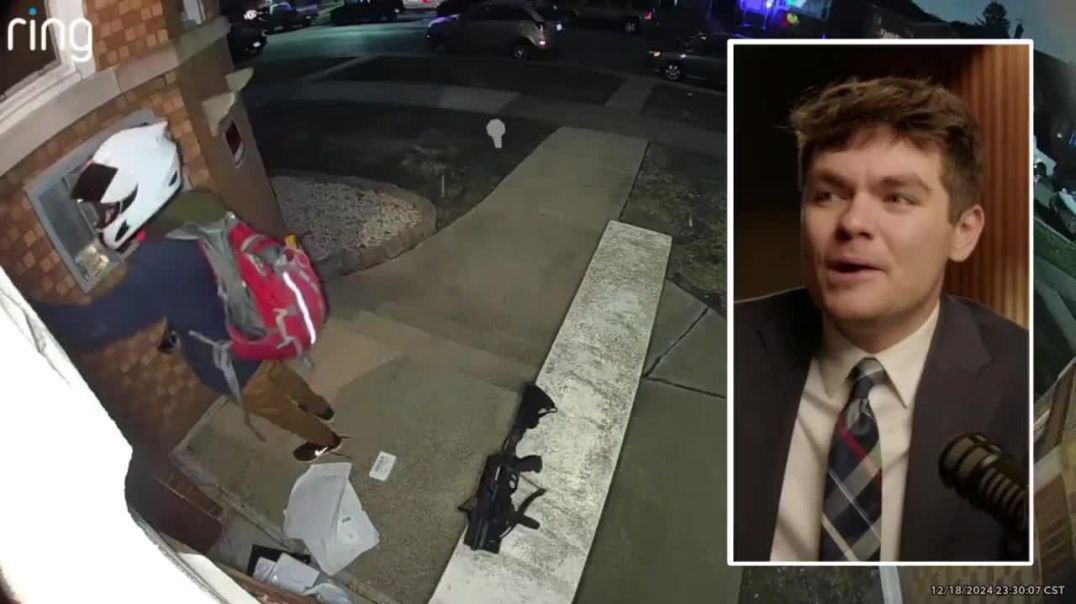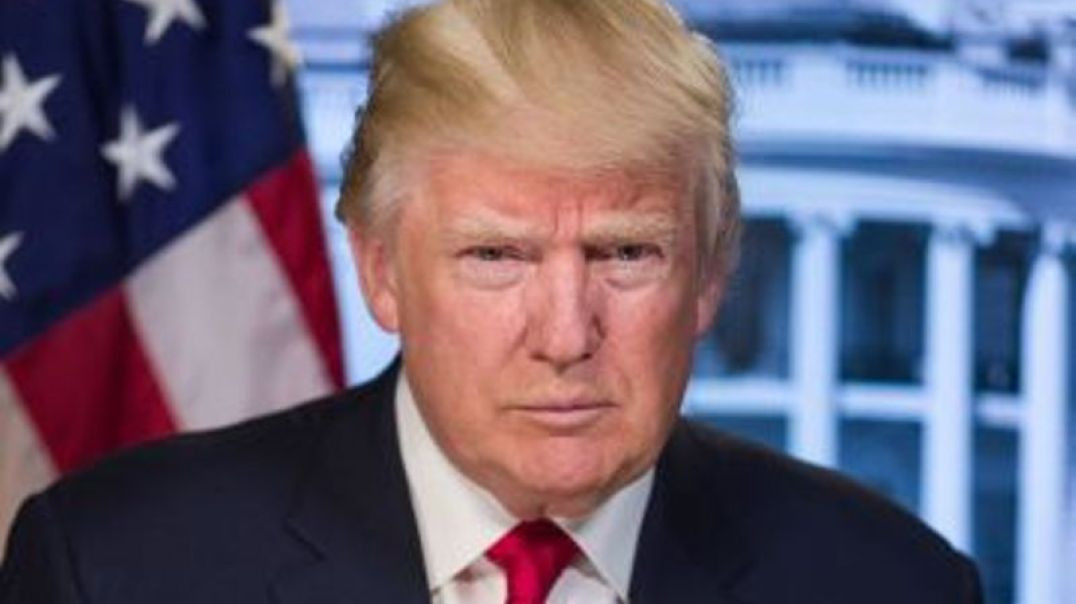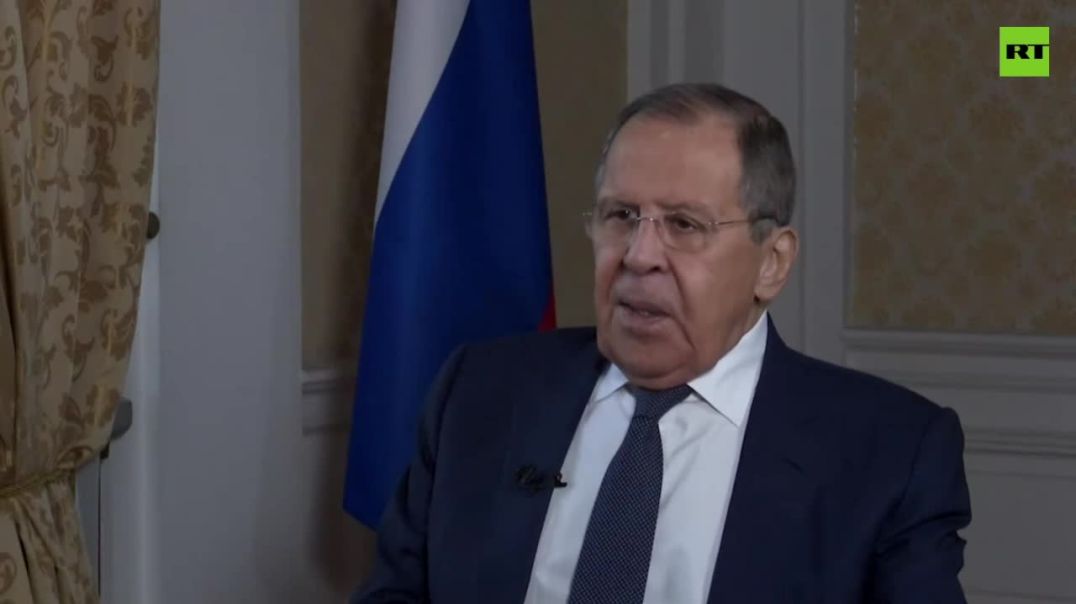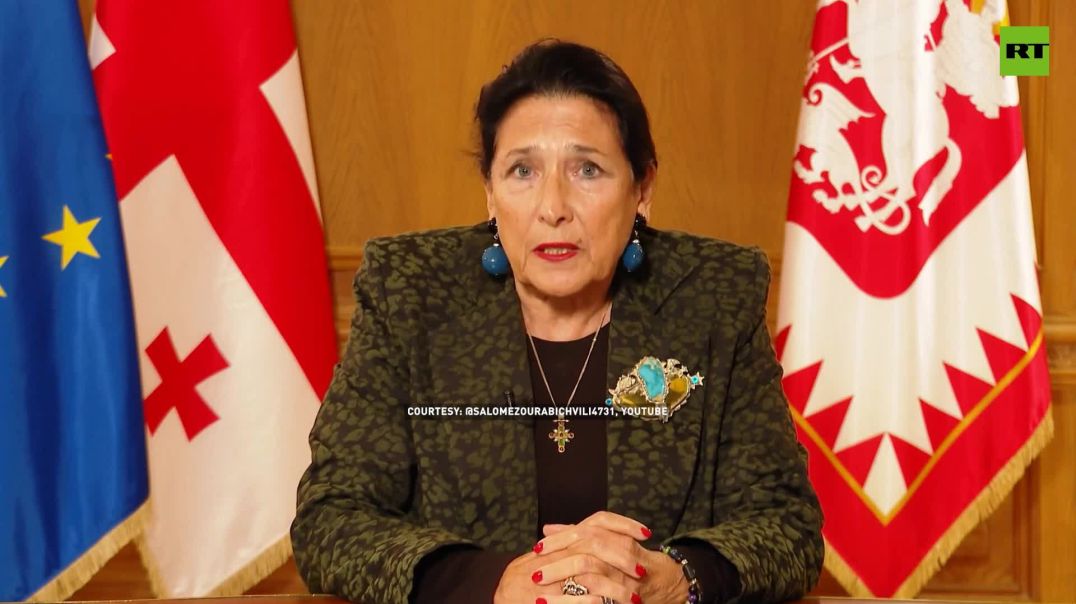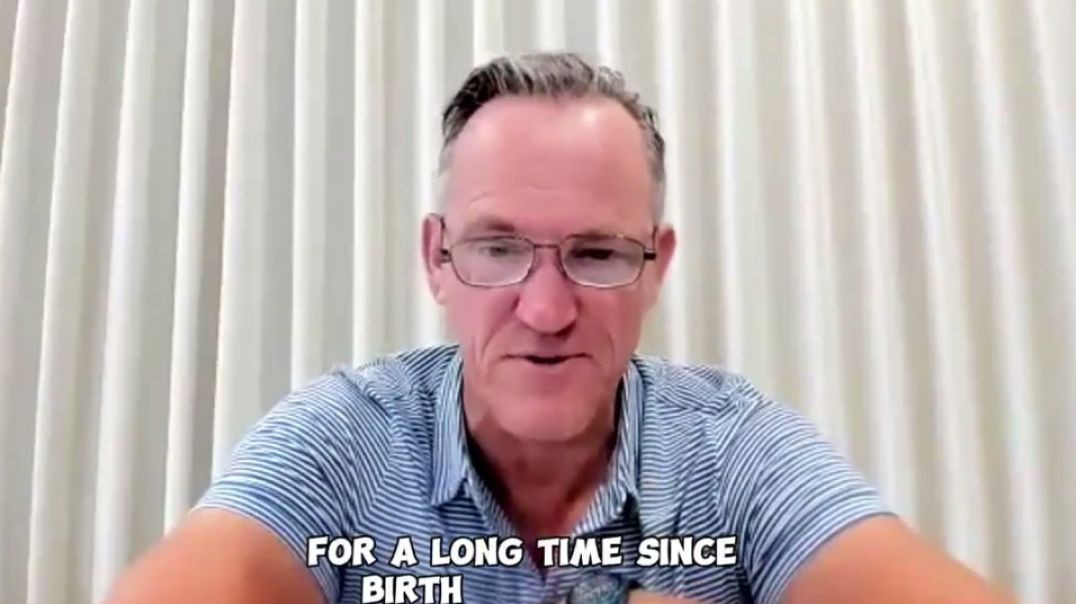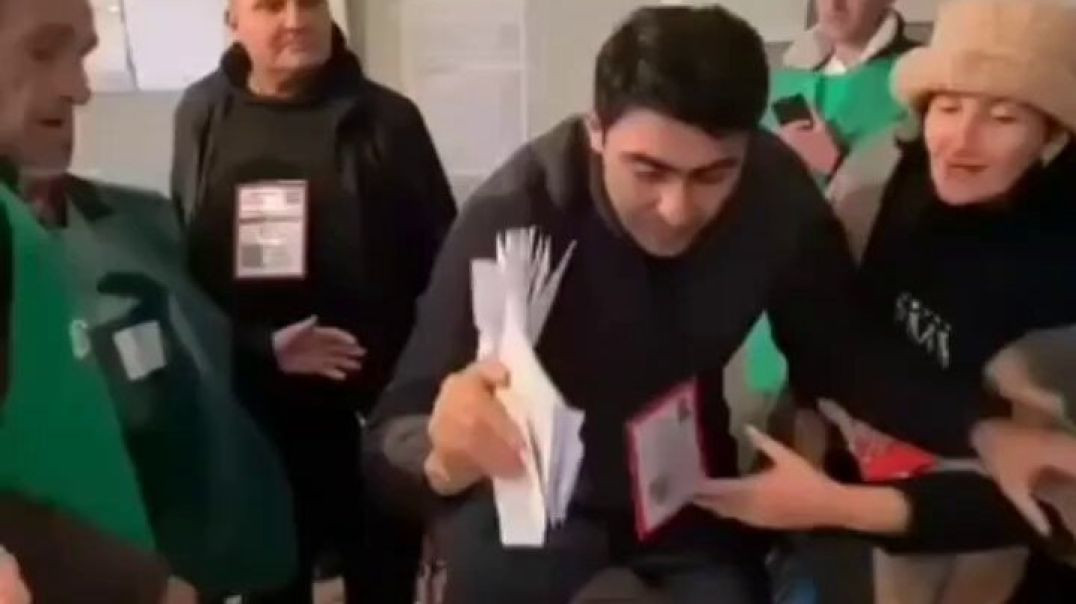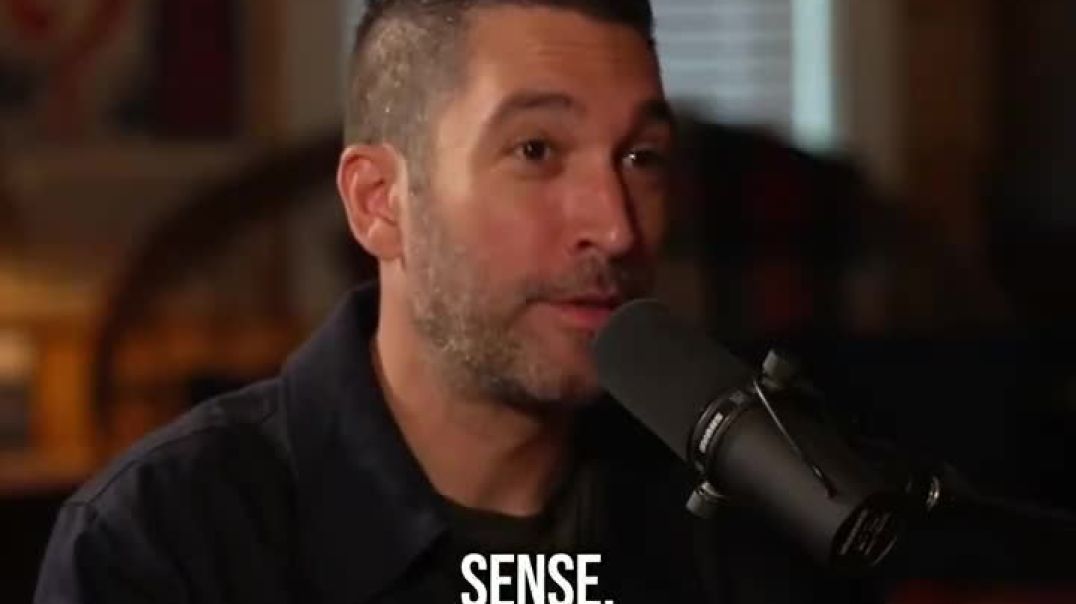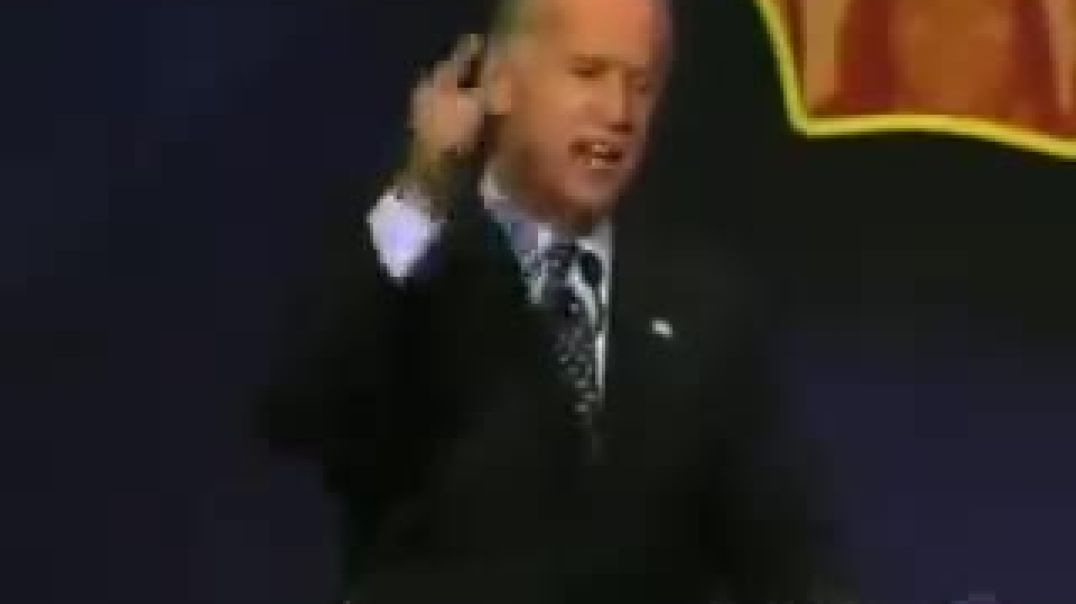Please donate now to help fund our work
The Leo Frank Case: Chapter 18 Of 22 - Inside Story of Georgia's Greatest Murder Mystery
The most important detail in this text is the witness that corroborates Frank's alibi. Helen Curran, who lives at 160 Ashby Street, said she saw Frank outside a drug store on Whitehall and Alabama streets at 1:10 a.m. Mrs. M.G. Michael, from Athens, testified that she met the factory manager around 2:00 p.m. on the day of the murder. Mr. A.B Levy said he saw Mr. Frank get off the streetcar at 1:00 a.m. on Georgia Avenue, half a block from his home. At 1:20 p.m. Cohen Loeb testified that he and Frank had gone downtown in a Washington trolley car and found H. Robb. J. Hinchey testified that he saw him boarding a streetcar shortly after 2:00 p.m. Mrs. Rebecca Carson testified that around 2:20 p.m. she and her sister Frank were seen outside the M. Rich and Brothers store on Whitehall Street. Half an hour later on Whitehall and Alabama streets. Several former factory workers were subpoenaed and testified that they had never seen inappropriate behavior in the factory. The most important detail of this document is that Frank was a guest of his father and mother-in-law, Mr. and Mrs. Selig and he said he was reading a newspaper and drew his attention to a joke he found in the newspaper.
Attorney Dorothy, who cross-examined these witnesses, sought to establish that Frank had attempted to attract the attention of those present by appearing careless that night by laughing out loud. On the afternoon of Saturday, August 16, Mrs. Ray Frank took the witness stand and identified a letter addressed to her son's wealthy uncle, Mr. Frank, who was in New York en route to Europe. The letter was addressed to her wealthy uncle Mr. Frank, who was in New York at the time on his way to Europe. The letter was addressed to his wealthy uncle, Mr. Frank, who was in New York at the time on his way to Europe. The letter was addressed to his wealthy uncle, Mr. Frank, who was in New York at the time on his way to Europe. The letter was addressed to my wealthy uncle, Mr. Frank, who was in New York at the time on his way to Europe. An important detail of the document is that the defense called 100 other witnesses, most of whom were employed on the fourth floor of the pencil factory, to testify about Leo M. Frank's good character. were girls. E.H. Carson, one of the first witnesses called, testified that Frank was a good person and had never heard a word criticized about the factory. Other workers at the factory also testified that the manager's character was beyond doubt. Attorney Arnold asked witnesses if he ever met Leo M. Frank for immoral reasons, and the answer was a resounding no. Miss Eileen Jackson was subpoenaed as a witness by the defense, but the prosecution relied on her astonishing testimony.
She explained that Frank had come to the door of the women's locker room on the second floor of the factory to see the room's inhabitants. Weeks after the killing, Atlanta Journal reporter Harley Branch said Conley denied seeing Lemmie Quinn enter the factory on Saturday, April 26. When James Conley pretended to hide the body on the day of the crime, his aim was to obtain the doctor's testimony. Rebut William Owens. Nearly everyone at the factory said Conley had a bad temper and wouldn't believe him if he swore. Some of the girls reported that they lent him money that he did not return.
